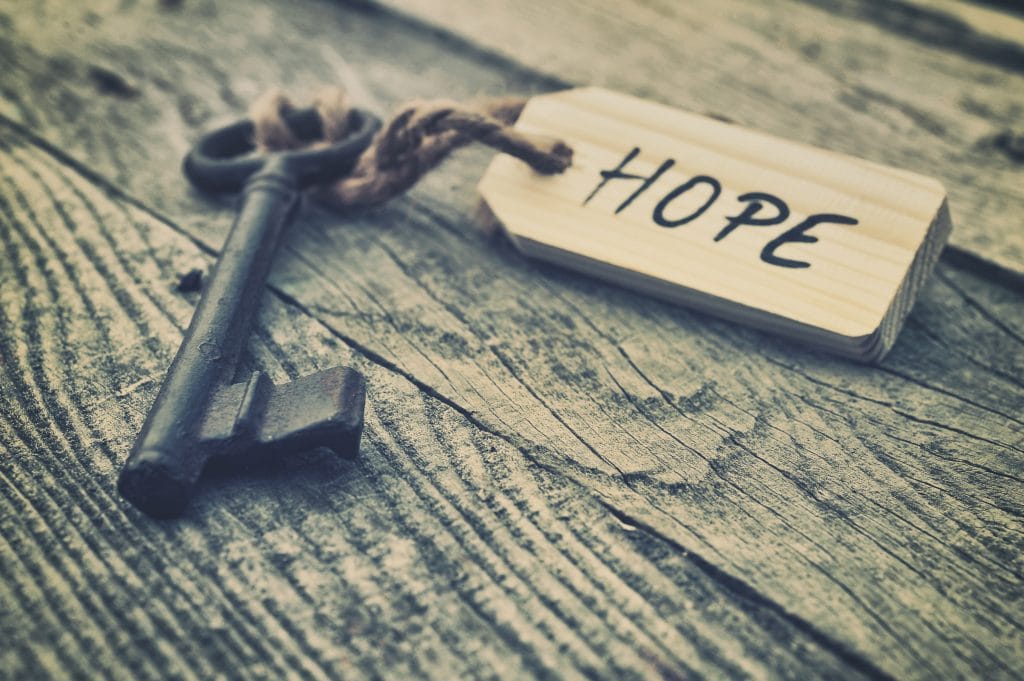This interesting question has been posed to me numerous times over my 29 years of treating addictive disorders. Well, what is the answer?
One answer is “I don’t know.” Another approach is “Why do you ask?” The latter approach can elicit more information and insight on the patient for the practitioner. It also lets the therapist off the hook. One could either give a blanket no or yes and most likely be wrong with either response.
As a young therapist, I felt I had to know everything and have all the answers. As a seasoned therapist, I have fewer answers and more questions. Therefore, for this purpose, I am not going to try to answer this question but pose it in a different way. I am going to change the question to “Do some people who have an addiction to mood altering substances suffer from trauma?” Well, that changes the question entirely. It also changes the answer. The answer is yes.
When I went to school to be a therapist over 30 years ago, my training in trauma, pharmacology, and neuroscience of addiction was limited in depth and scope. The lack of emphasis was not due to lack of awareness of the importance of these subjects in relation to addictive disorders but our limited understanding due to the technological limits of the time. The past 30 years have seen dramatic technological shifts that have increased our understanding.
What I soon discovered as a novice practitioner was that many of my patients experienced some form of trauma either prior to their addiction or coinciding with their addiction. Whether it was from childhood relational trauma (physical, sexual, emotional or other types of abuse), or veterans or their family with PTSD history, or the traumatic experiences of the addict or loved one suffered as a consequence of living decades with an addiction. Their stories were stories of trauma. Their stories were stories of generational pain. Their stories were of relapse because as soon as they stopped the addiction often the painful traumatic memories resurfaced. Hence, the addiction became the balm to obliterate their painful history.
Here is what I learned from these patients. First, if I was going to be effective as a healer, I needed not only to learn about trauma but to learn how to treat trauma. If you treat addiction, you treat trauma.
“While experiencing a trauma doesn’t guarantee that a person will develop an addiction, research clearly suggests that trauma is a major underlying source of addictive behavior.”
Sources estimate that 25 to 75 percent of people who survive abuse and/or violent trauma develop issues related to alcohol abuse. Addiction has been described as a pathological relationship with a mood altering substance or experience.
Carl Jung stated, “Every form of addiction is bad, no matter whether the narcotic be alcohol or morphine or idealism.”
Bessel A. van der Kolk wrote, “Being able to feel safe with other people is probably the single most important aspect of mental health; safe connections are fundamental to meaningful and satisfying lives.”
So, in a sense, addiction is a false connection. It is not safe but terrifying. It is not connection but isolation. It is not meaningful but petty and small. It is not satisfying but empty.
Trauma activates survival strategies in humans. Some of these strategies can lead to addiction. The addiction can become a gateway to feeling safe in an unsafe world. Treat the addiction and the unsafe world returns. That is why it is so important to therapeutically address trauma and facilitate new and healthy connections.
Therefore, it looks like I did not answer the question. However, what I can answer is that the goal should always be to help people experience the freedom of recovery and help them on their journey of meaningful living.

